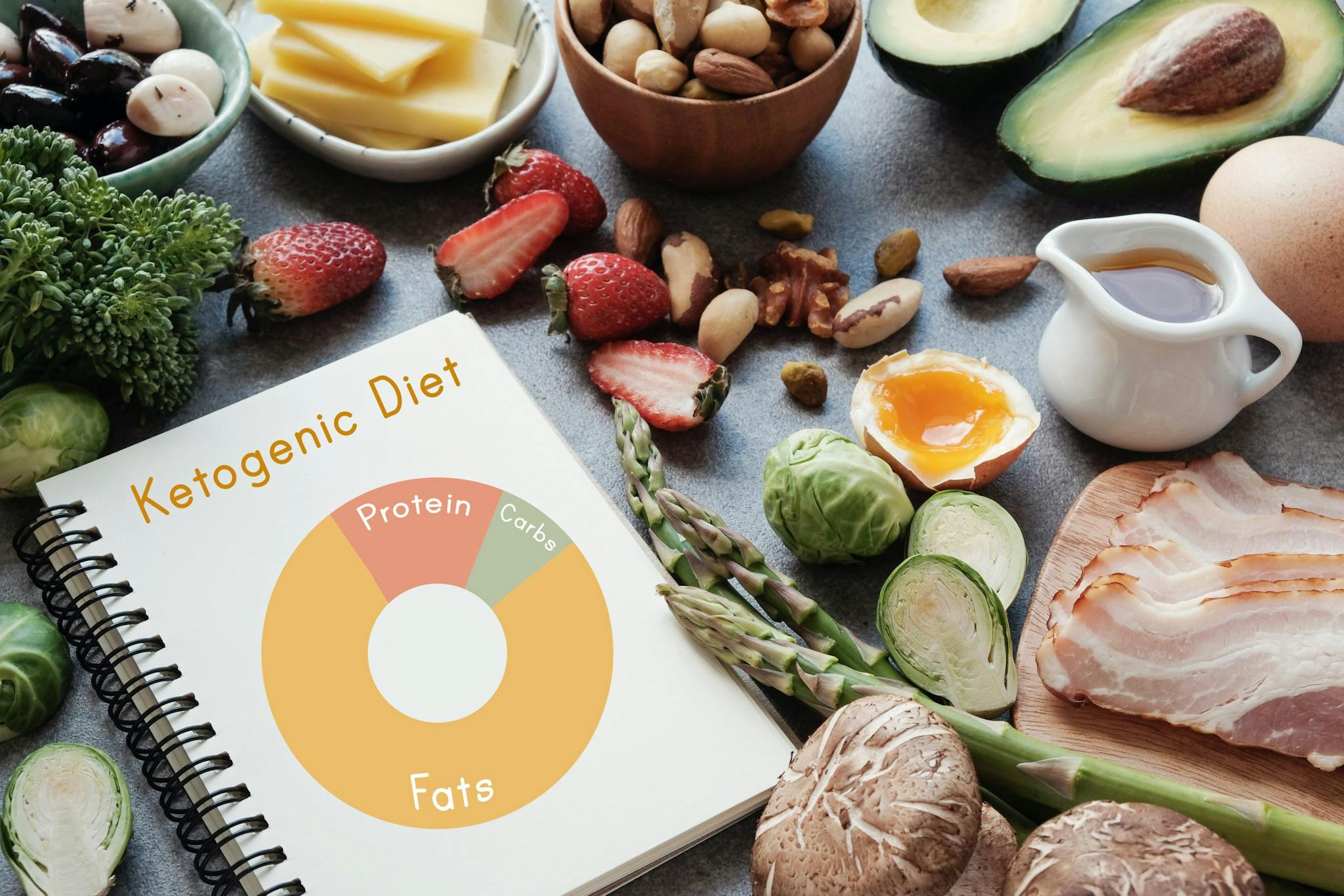
April 22, 2024
What Deficiency Causes Cold Hands and Feet?
- Family Medicine
- Internal Medicine
December 16, 2016 | Wellness Institute

According to the Centers for Disease Control and Prevention (CDC), most of the sugar we consume is in processed and restaurant foods. The CDC and the American Heart Association’s current guidelines on added sugar intake are:
Women: 100 calories (about 6 tsp/24 grams of sugar) per day
Men: 150 calories (about 9 tsp/36 grams of sugar) per day
Despite the guidelines, many Americans exceed the recommended amount. The increase of sugar in many of our foods have medical experts concerned. Dr. Arash Tirandaz from the Texas Health Presbyterian Hospital Plano, advises his patients that decreasing their sugar intake can lead to drastic improvement in their health. He says, “Too much sugar can cause insulin resistance, obesity and diabetes.”
Paul Breslin, a geneticist/biologist at the State University of New Jersey, says that sugar is hard to shake because it behaves like a narcotic. “Ultimately whatever you eat ends up in your blood, and our body wants the blood levels for everything—from carbon dioxide to oxygen to salt and potassium and lipids and glucose—to be constant.”
In the March-April issue of Progress in Cardiovascular Diseases journal, one study reported that added sugar intake may pose a greater risk of heart disease than saturated fat. Dr. James J. DiNicolantonio, of Saint Luke’s Mid America Heart Institute and co-author of the study, said, “After a thorough analysis of the evidence, it seems appropriate to recommend dietary guidelines shift focus away from recommendations to reduce saturated fat and towards recommendations to avoid added sugars.” High-sugar diets can increase the risk of heart disease and other issues such as elevated levels of glucose and uric acid, non-alcoholic fatty liver disease, leptin resistance, and altered platelet function.
Sugar makes popular food and drinks more appealing—or rather more addictive—and many people may not realize just how much sugar is in these products. Product labels are designed to sell. Many products use colorful and highlighted words such as “natural,” “10 percent more,” “now with more fiber,” “low-fat” and “fat-free”; but what they’re not telling you in most cases is that they have increased other areas—like sugar—to bring back flavor that was lost. Sugar comes in many different forms, with many different names, so be wary when you shop for food if you are trying to reduce your sugar intake.
Examples include:
Make it a family goal to reduce your sugar intake. It can be tough at first to wean kids (and yourself) off sugar, but here are a few tips to help make it easier:
Cassidy Silversmith graduated from Utah Valley University in 2012 with a Bachelor of Science in Community Health Education. In 2013, she went on to become a Certified Health Education Specialist (CHES). She currently works in the Wellness Department as a Wellness Assistant
Sources:
Dinicolantonio, James J., et al. “The Evidence for Saturated Fat and for Sugar Related to Coronary Heart Disease.”
Progress in Cardiovascular Diseases, vol. 58, no. 5, 2016, pp. 464–472., doi:10.1016/j.pcad.2015.11.006.
“Sugar and Heart Disease: The Sour Side of Industry-Funded Research.” huffpost.com.
http://www.huffingtonpost.com/healthline-/sugar-and-heart-disease-t_b_12123384.html
“50 Years Ago, Sugar Industry Quietly Paid Scientists To Point Blame At Fat.” npr.org.
“Sugar Industry Manipulated Research About Health Effects, Study Finds.” npr.org.
“The Dangers of Salt and Sugar — and How to Protect Yourself.” dallasnew.org.

WRITTEN BY:
The Live Better Team


April 22, 2024

April 9, 2024

March 22, 2024

February 12, 2024
This information is not intended to replace the advice of a medical professional. You should always consult your doctor before making decisions about your health.